Will the rise of electric vehicles depreciate your new combustion vehicle?
Should you expect your next new combustion car to depreciate in value as electric vehicle sales increase? What does the used car market look like as batteries, seemingly, take over? Here’s the hard truth…
There’s no question that the sales of electric vehicles have increased and will continue to do so in the coming years.
But what does that mean for the residual value of your current combustion vehicle, or the one you’re on the cusp of purchasing?
Should you be concerned about a rapid decline in resale value of your prospective combustion vehicle? Will you be left with a two-tonne garden ornament, or is it little cause for concern in 2024? Let’s find out…
The one question I get like clockwork at least once a day is ‘Can I afford to buy another combustion vehicle?’ or ‘If I buy another internal combustion car, does the rise of EVs mean it will be worthless in a few years?’
It’s a fair question and symptomatic of the bloated coverage of the sales volume increase of battery-motivated vehicles. Their rapidly growing popularity could mean that if you buy a combustion car now, you could be stuck with something with tanked resale value at the end of the ownership period.
There’s also concern that because of regulations or something of that nature you might be left snookered. So let us demystify…
I get the rhetoric about green cars and EVs and all that stuff I really do understand the rhetoric but the reality and the magnitude of the assignment if the engineering proposition is we're going to re-engineer the fleet.
So what we're going to do is we're going to turn it into all electric cars all Enviro cars or something if that's the assignment that you give some techno Wizards some social engineering wizard then what do you got to do to solve this problem is quantify it first. You've got to establish how many vehicles need replacement, and the answer is 18.5 million.
If some astronomer says to you there are 20 trillion stars in the Milky Way, people tend to go smile and nod, because you can't conceptualise that number. So I'm going to conceptualise 18.5 million light vehicles for you: if we get one million light vehicles, park them end-to-end, it's a conga line that would stretch from Sydney to Perth. If you’re not from around here, that's the same as stretching from LA to New York.
Changing over such a significant number of cars would, hypothetically, take longer than you might expect. Australia is a market that has the capacity currently to absorb 1 million new vehicles every year, approximately, rounding down.
So without any constraints whatsoever, if we just supplied only EVs, that's 18 years it’ll take to solve this problem. But let's face it, there are quite a few constraints.
There's the most massive constraint on the supply of EVs, because they can't build them to meet demand, and certainly here in Australia buyers are queuing up. As a result, the wait is extensive and more people want to order EVs than the car industry can supply, so that's kind of a problem.
Even if we took that supply problem away, there are some categories of vehicles where electric vehicles are just not available, like electric 4x4 dual-cab utes and big seven-seat 4WD wagons such as Land Cruiser and Patrol vehicles of this nature. Vans are another type where there's no salient supply of electric courier vans, so we'd have to wait for the industry to ramp itself up for that, which is not happening particularly rapidly.
Even if we were able to do the whole re-supply of half a million vehicles a year, then that's going to take 36 years. At the end of the 36 years, there's still going to be 8-9 million combustion vehicles on the roads. So any suggestion that there is going to be some rapid evolution from the vehicles that you can see in the streets around you is a bit of a fantasy.
Look around the city streets: there's like 99 combustion cars for every electric car that drives past. That's just how the motoring public rolls at the moment, and in 30 or 40 years time it's still going to be about 50 per cent combustion.
So my suggestion to you is that it's perfectly rational to buy a combustion vehicle now and you will save roughly 20 per cent compared with an equivalent electric car, subject to an equivalent electric car actually being available in the category in which you want to buy a vehicle.
Any suggestion that the transition from the current fleet and its preponderance for internal combustion and it rapidly transitioning into a bunch of silent but deadly EVs or something, that's just off with the fairies. It doesn't add up with reality when you do the numbers.


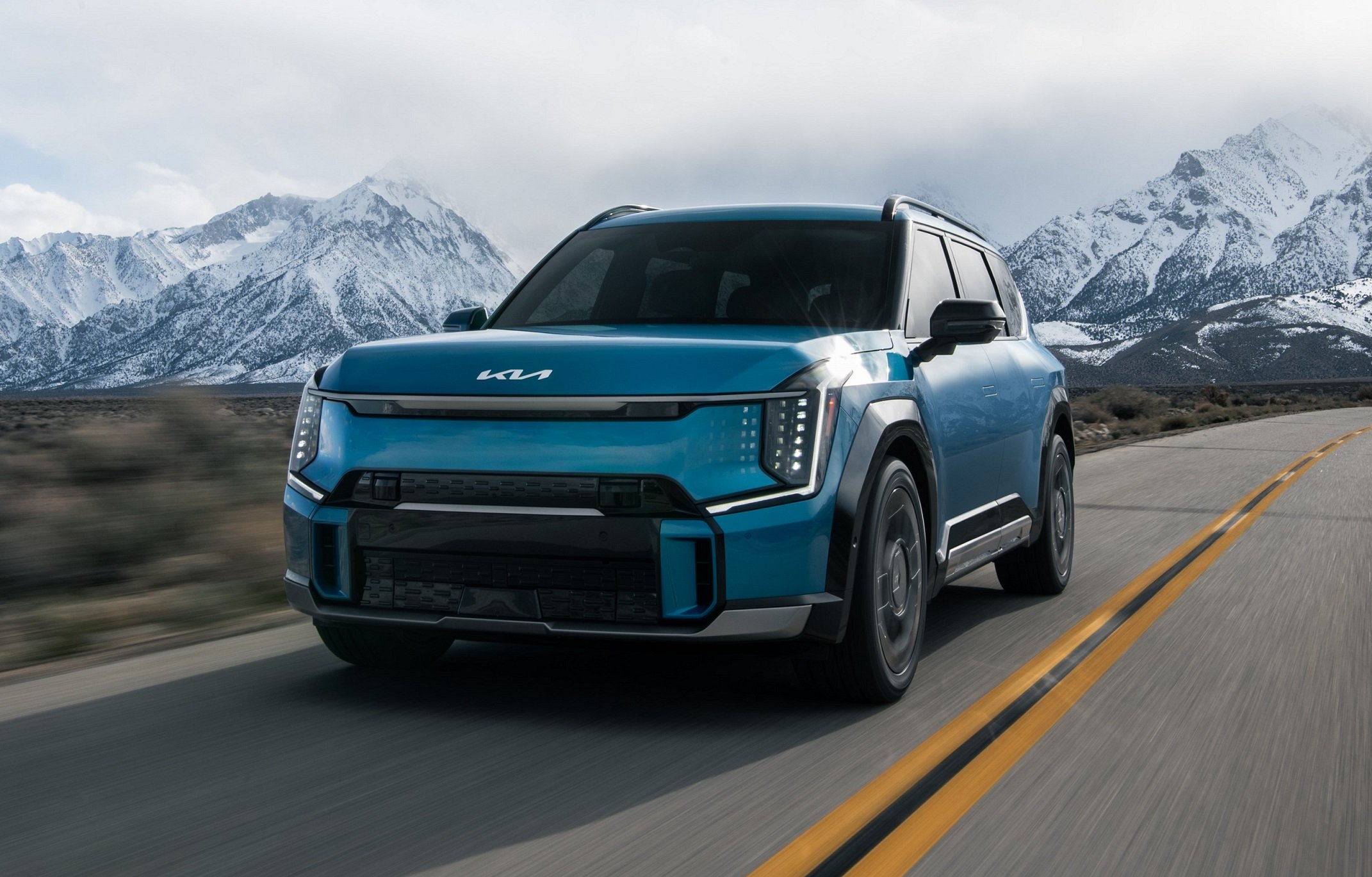
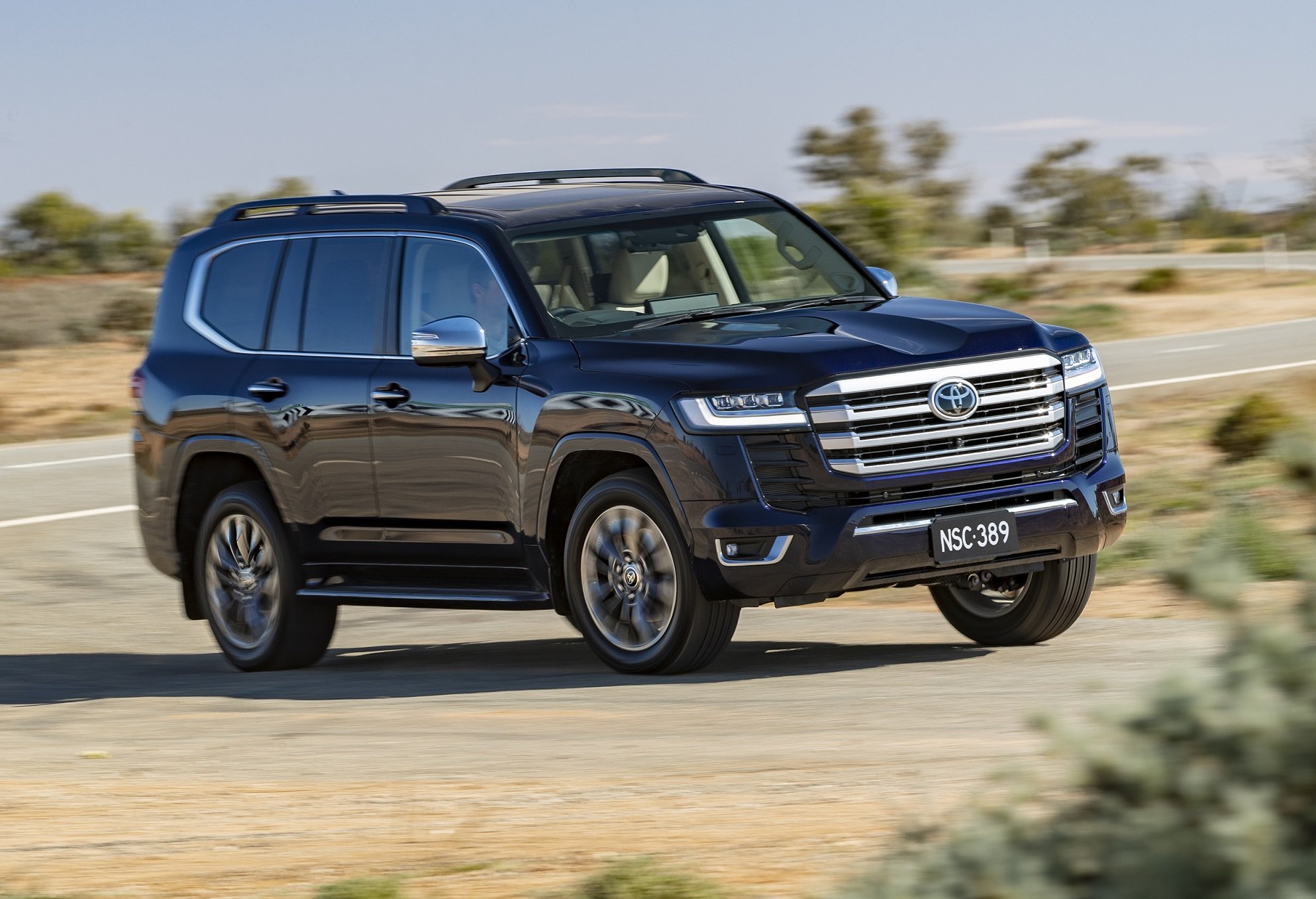







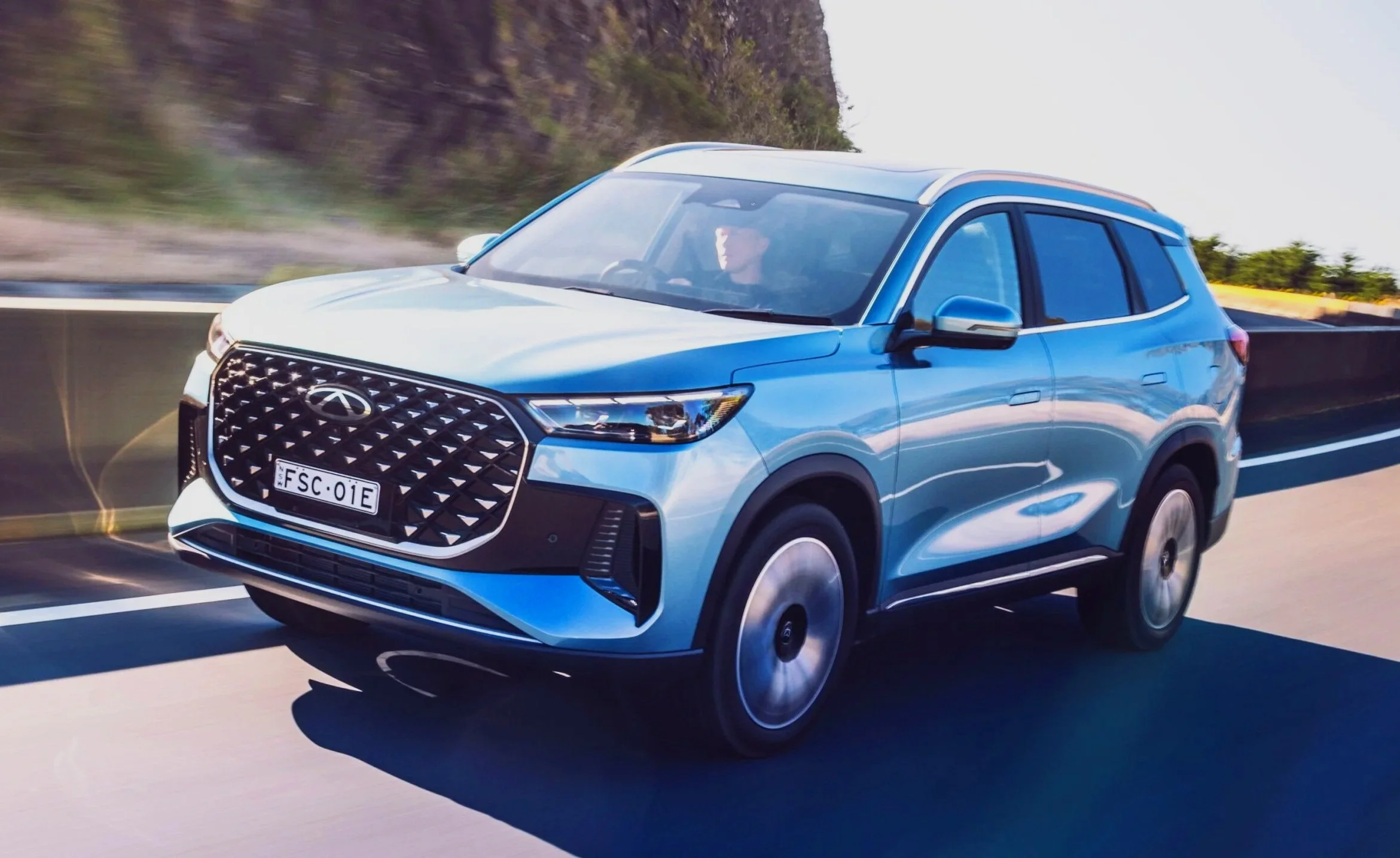
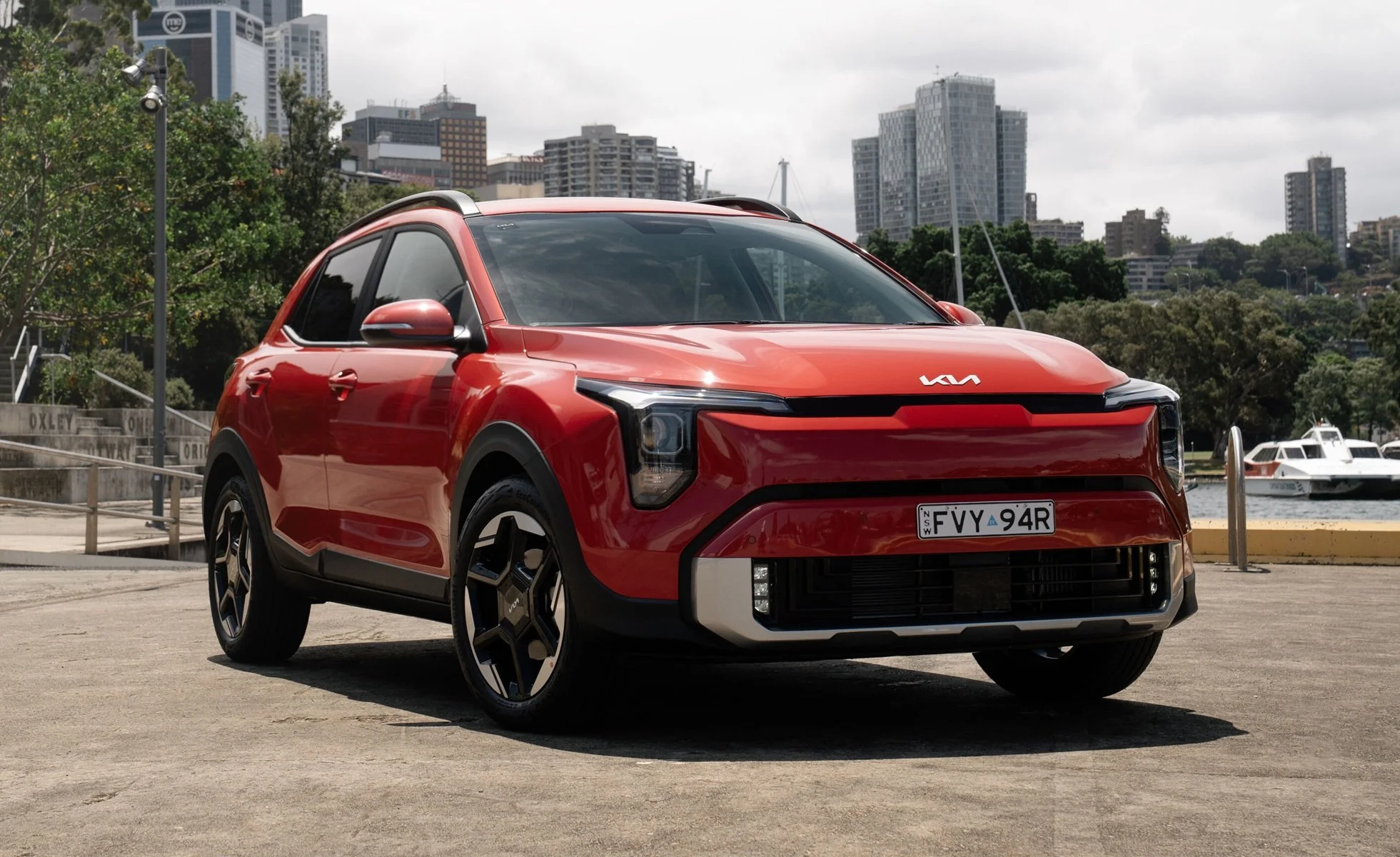
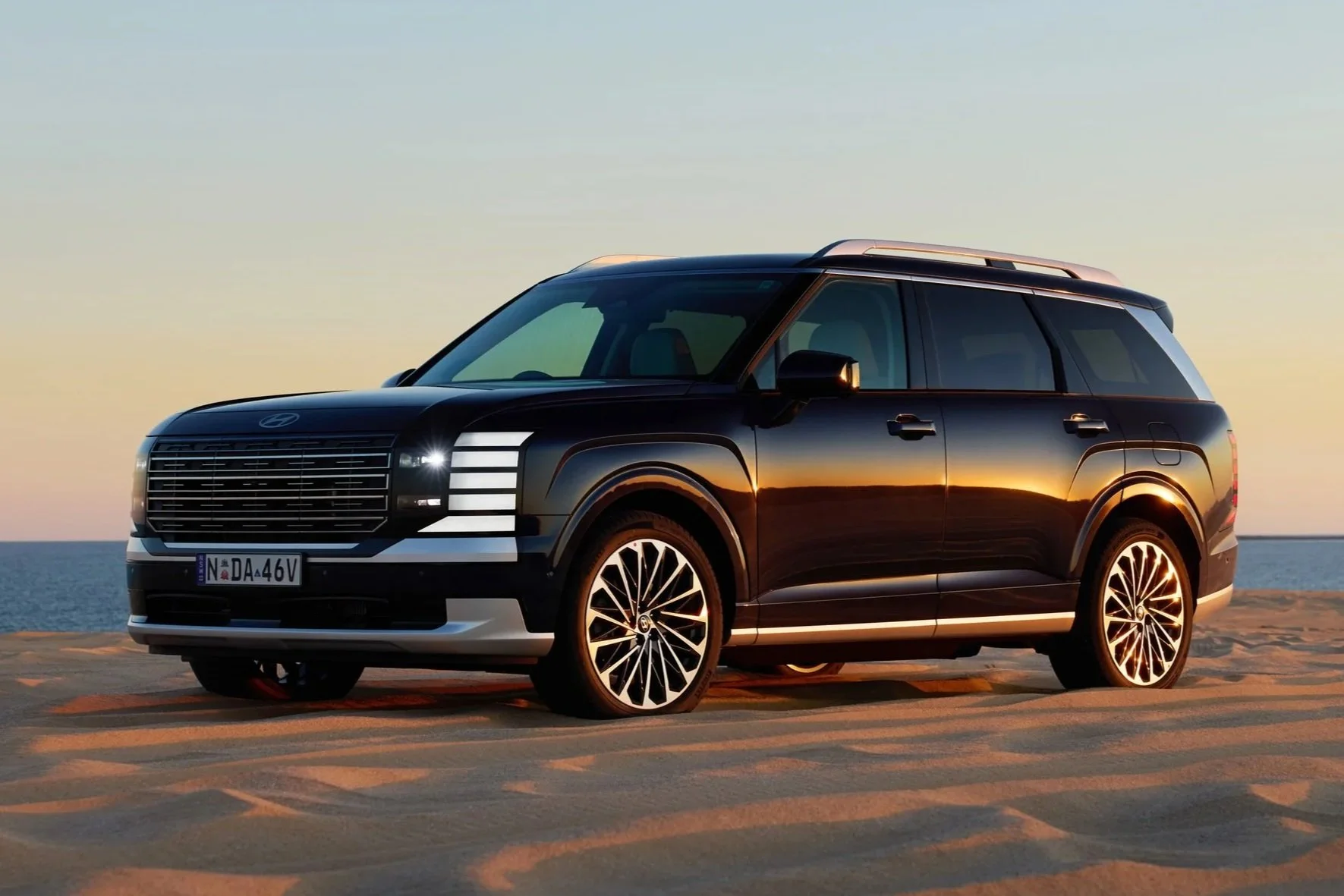
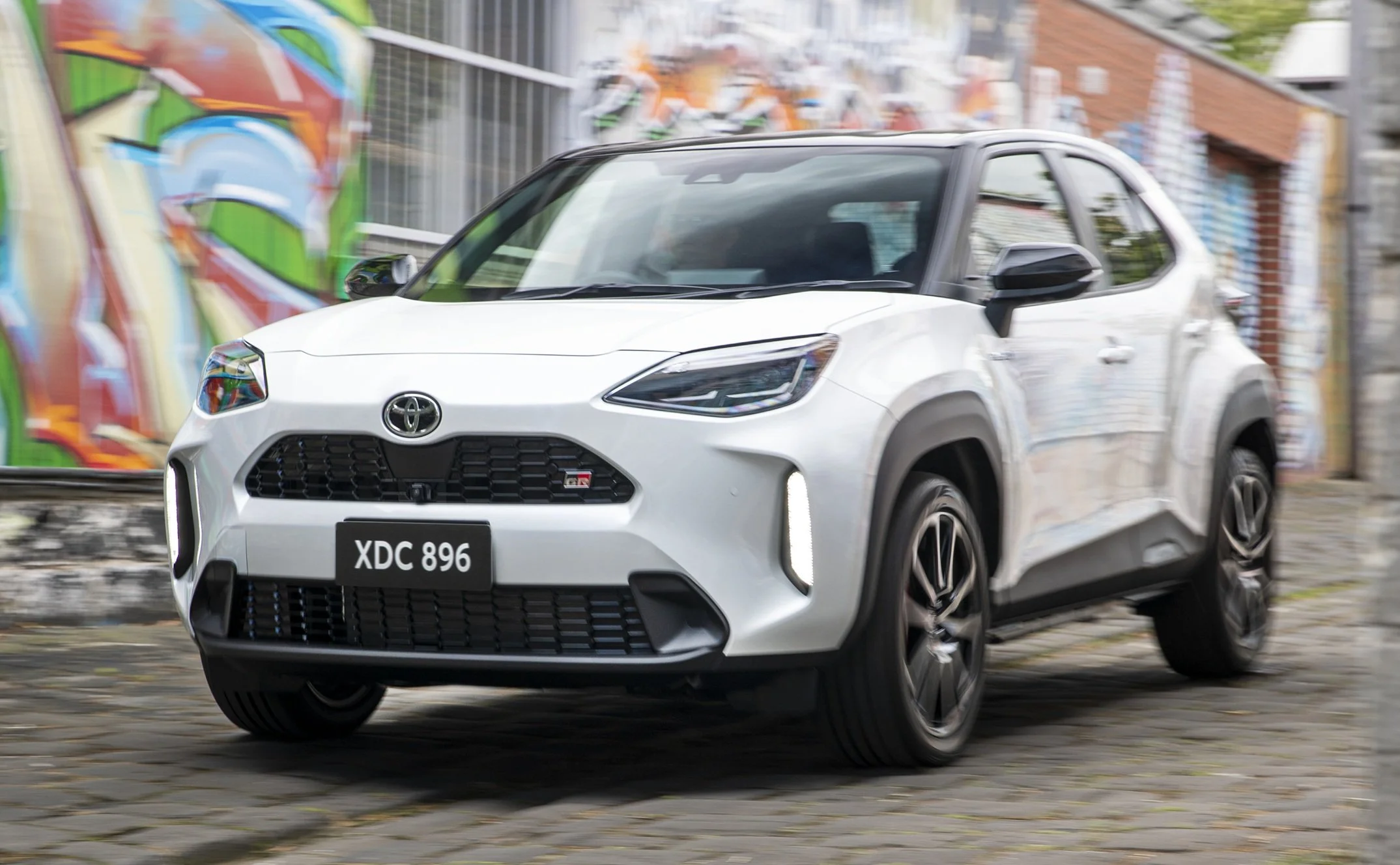


Just because a ute is cheap, that doesn’t mean it’s worth the money. Is the GWM Cannon more than just a cut-price Ranger wannabe? Can it offer towing, off-roading capability and robust design to compete with the big brand dual-cab utes like Hilux and Triton?